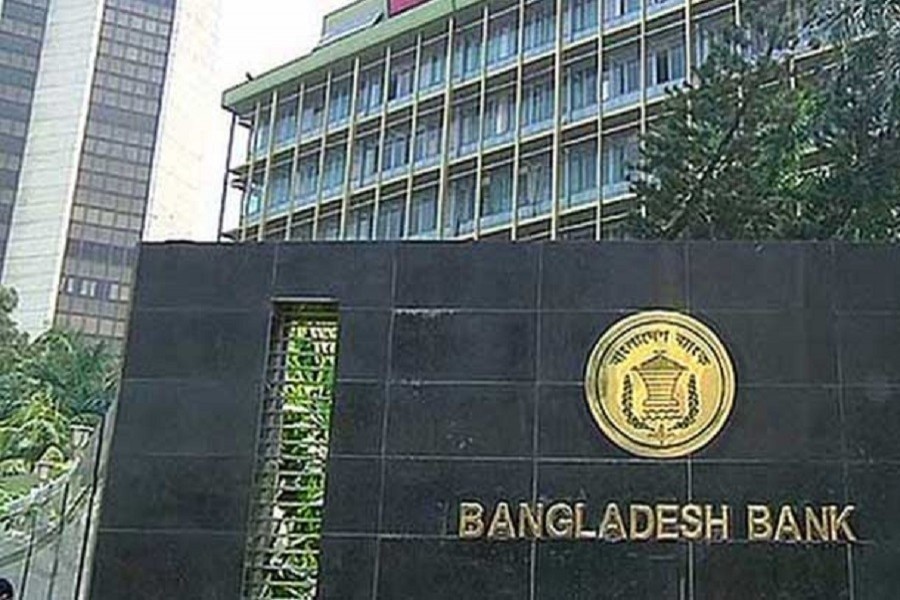Transactions of the government's fixed-income tradable securities in the secondary market posted a 15.90 per cent decline year on year in the first quarter (July-September) of the current fiscal year.
Bangladesh Bank statistics showed that the combined secondary trading in treasury bills and bonds reached Tk 325.62 billion in the first quarter of FY '23 as against Tk 387.04 billion in the same period of FY '22.
Meanwhile, compared to the fourth quarter (April-June) of FY '22 when the transactions of the government fixed-income tradable debt instruments were recorded at Tk 371.94 billion, the figure for Q1 of FY '23 registered a 12.45 per cent decline.
Treasury bills are short-term debt instruments of the government and treasury bonds are long-term in nature. These debt instruments are tradable in the secondary market.

The central bank, on behalf of the government, issues the treasury bills to manage day-to-day liquidity and treasury bonds to finance the budget deficit.
Bangladesh Bank statistics also showed that combined transactions of these securities recorded at Tk 2077.88 billion (or Tk 2.08 trillion) in the last fiscal year (FY '22).
The government borrows funds from domestic sources by issuing tradable and non-tradable securities.
Tradable securities, such as 14-day, 91-day, 182-day, and 364-day treasury bills and 2-year, 5-year, 10-year, 15-year and 20-year treasury bonds are available in the market. There are also Floating-Rate Treasury Bond (FRTB), which has a three-year maturity and 14-day T-Bills for short-term financial management.
Treasury bonds are also tradable in the country's two bourses -- Dhaka Stock Exchange (DSE) and Chittagong Stock Exchange (CSE).
Non-tradable securities include Sanchayapatras (savings certificates), Sanchayabonds, and Prize bond.
Resident individuals and institutions, such as banks, non-bank financial institutions (NBFIs), insurance companies, corporations, provident funds, pension funds, etc., can purchase and trade treasury bills and treasury bonds.
Foreign and non-resident individuals and institutions can, however, invest only in the long-term debt securities or treasury bonds only.
Despite the instruments' tradability, secondary trading was not prevalent due to small number of buyers and sellers.


